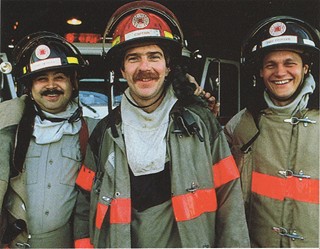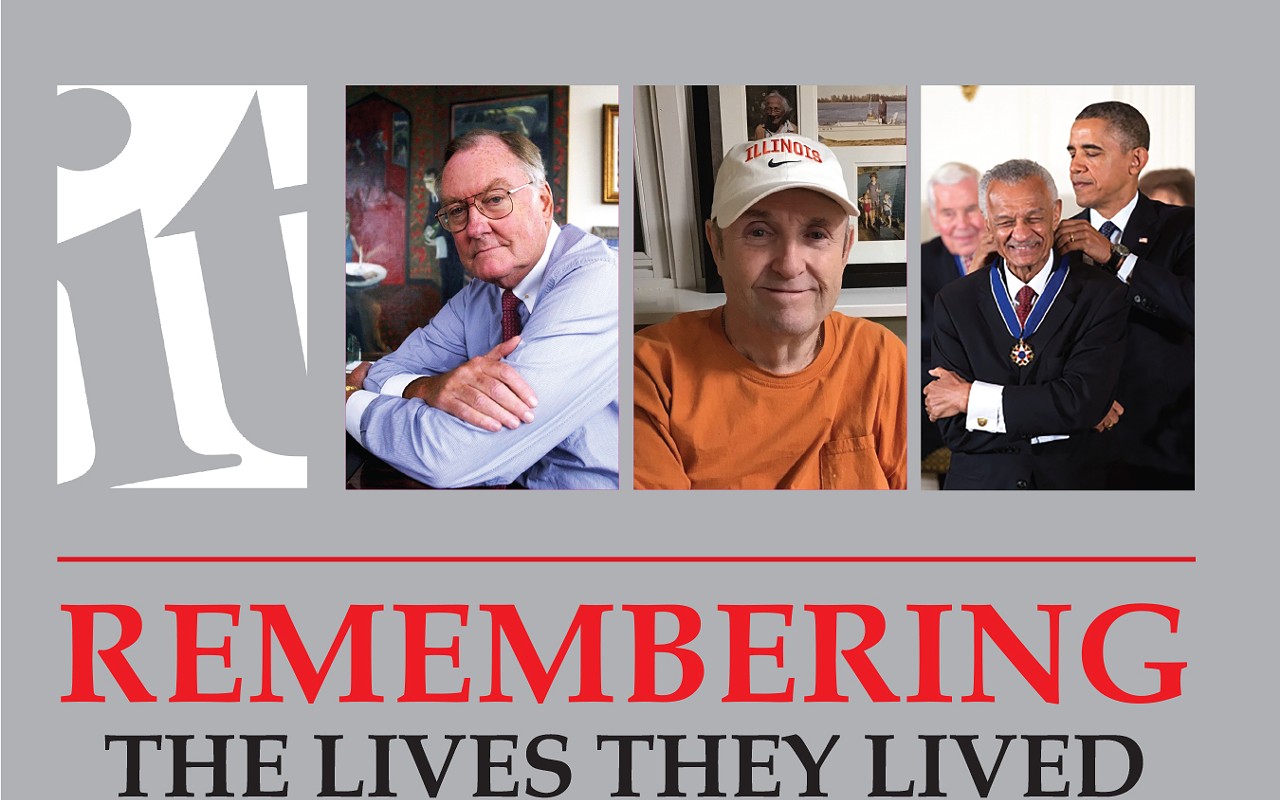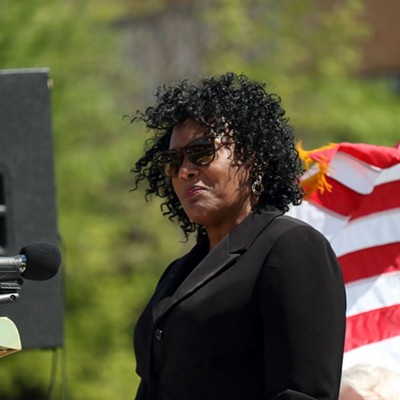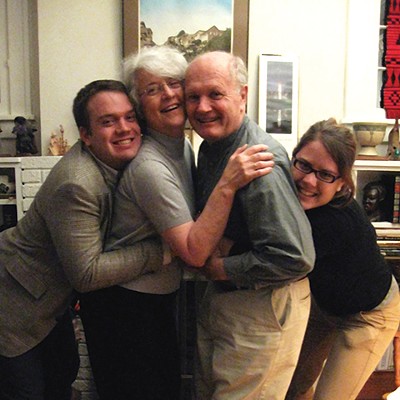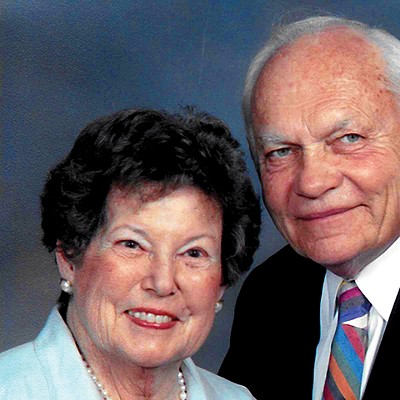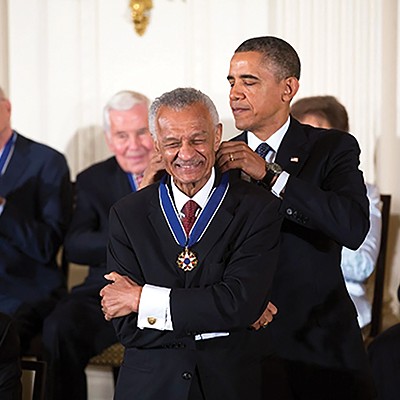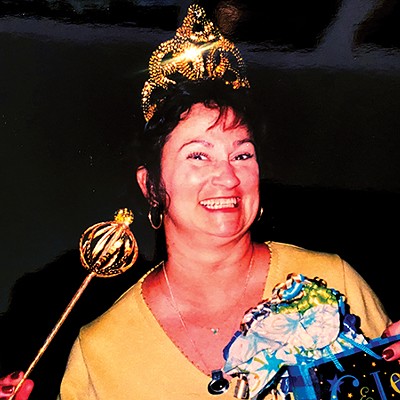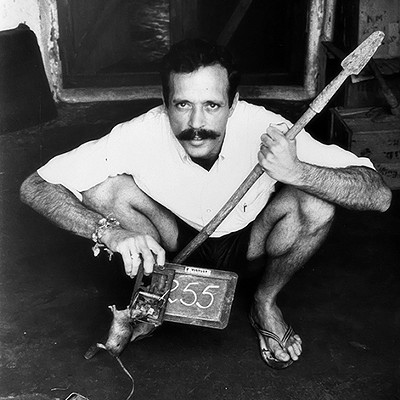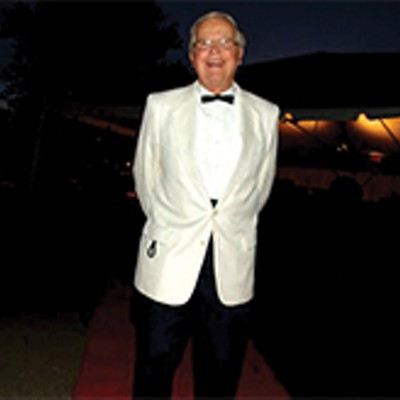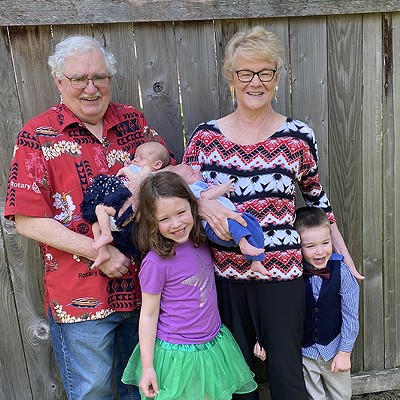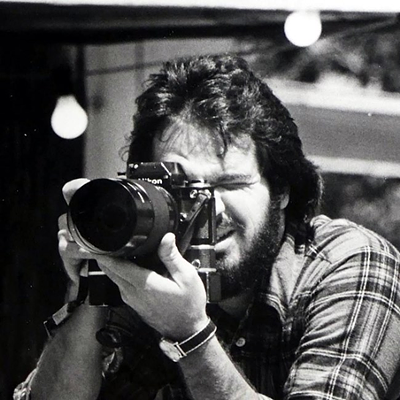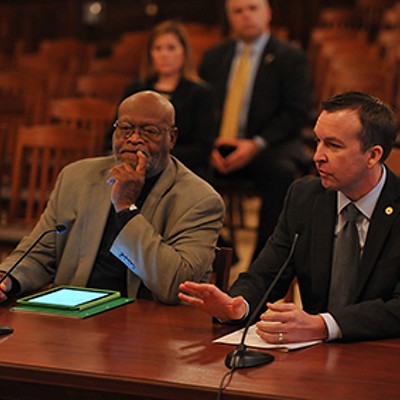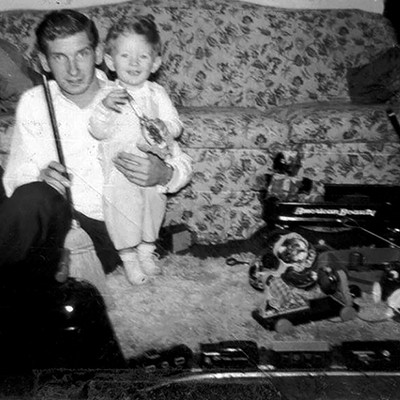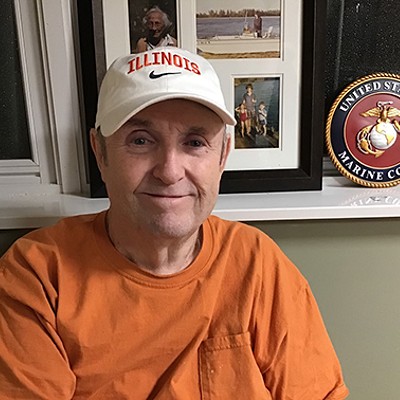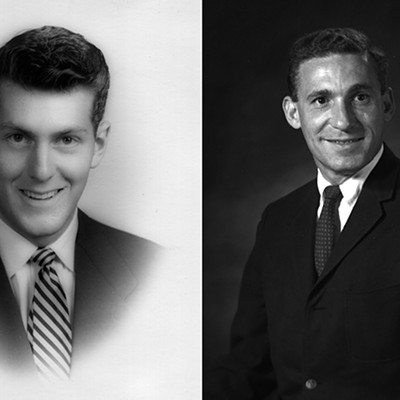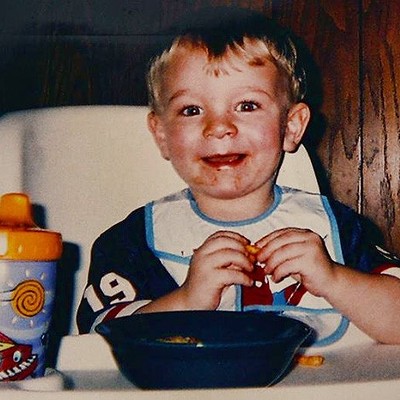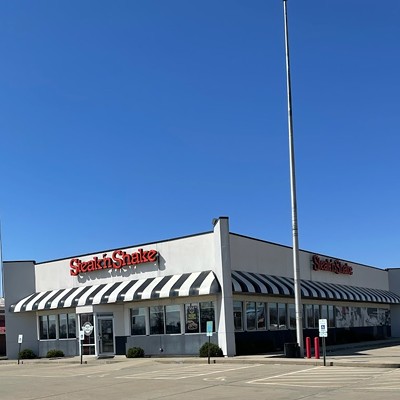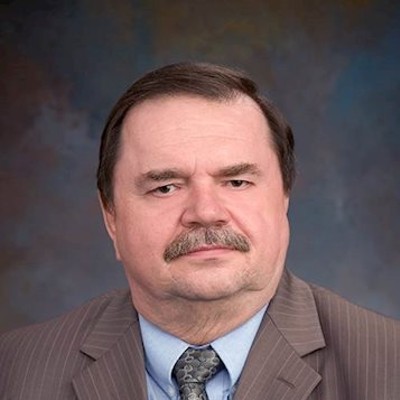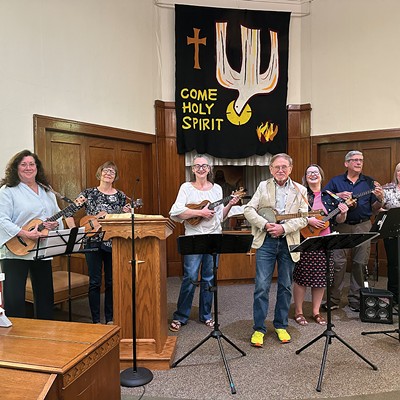“There is nothing he would not tackle”
NORMAN FREDERICK ROVEY II Dec. 29, 1953-Oct. 19, 2020
[
{
"name": "Air - MedRect Combo - Inline Content 1",
"component": "11490391",
"insertPoint": "3",
"requiredCountToDisplay": "1",
"parentWrapperClass": "fdn-ads-inline-content-block"
},{
"name": "Air - MedRect Combo - Inline Content 2",
"component": "11490392",
"insertPoint": "7",
"requiredCountToDisplay": "5",
"parentWrapperClass": "fdn-ads-inline-content-block"
},{
"name": "Air - MedRect Combo - Inline Content 3",
"component": "11490393",
"insertPoint": "12",
"requiredCountToDisplay": "9",
"parentWrapperClass": "fdn-ads-inline-content-block"
}
]
Norman Frederick Rovey II – Fred to most everyone – had a knack.
At 10, he was driving bulldozers – his father ran N.F. Rovey and Son Excavating. Growing up on South Fourth Street, Rovey once declared that he hoped to become a garbage hauler. Instead, he became a Springfield firefighter, rising to the rank of captain.
After being diagnosed with cancer, Rovey had time to plan his final resting place. He dug the hole. He built, then moved, with the help of a crane, a concrete vault that consumes eight lots at Rovey Cemetery – his family donated land for the graveyard years ago – in Farmersville. Between planning and execution, it took years. And in October, Rovey was laid to rest in his 1976 MG sports car.
They played “My Way” at his funeral.
Rovey could build or fix most anything. Long after others might have given up, he’d keep wrenching until he got equipment running. “There was nothing he would not tackle,” says Paul Hafel, who grew up seven blocks away from Rovey, attended school with him and became a lifelong friend. At 20, Rovey remodeled his older sister’s kitchen. He had no depth of experience and she had no worries. His sister Bonnie Casey says that he did plenty of research before showing up with tools.
“He would find the right people to talk to – he would ask them all the right questions,” Casey recalls. “I always trusted.” The work quality, she says, was fine, the rates even better. “They were very reasonable – he was learning on our dime,” Casey says with a laugh.
There was no better Christmas tree salesman. Casey recalls her brother dazzling customers while working with her husband selling trees at roadside stands. He started at 12 or so and did it for five or six years. “Fred was really good,” Casey says, “He had such a great line for selling trees. I think he could twirl a tree so that people might not notice a bare spot.”
When he was 40, Rovey turned hero.
The father had gotten his three-year-old son out by scrambling to the second story and breaking a window, but his two-year-old daughter was still inside the burning house on East Phillips Street. Firefighters rushed in. Under the bed, Rovey figured. He was right. Scooping the girl up, Rovey sprinted to an ambulance, his face tight with determination and dread in an unforgettable photograph that ran on the front page. The girl died the next day from smoke inhalation. Rovey and other firefighters attended the visitation.
“He went from being sky-high to being about as low as you can go,” Hafel says.
Casey says that her brother had no fear. He would climb trees, chainsaw in hand, to remove limbs before sectioning out trunks. “He water-skied, but didn’t know how to swim, actually,” Casey says. Eventually, he learned to swim, but not well. That did not stop him from piloting fishing boats in Florida and Alaska, where he became a Ketchikan guide within two years of showing up and dropping his first line in local waters. Hunting was a passion that took him as far away as Africa, where he pursued zebras and wildebeests, but he never lost his love for deer and sundry Illinois varmints. He could sit outside all night long, waiting for coyotes, and was much in demand by farmers seeking to eliminate pests. He ate squirrels.
Rovey did not waste time off during his years in the fire department. With his work schedule giving him 48 hours off after every 24 hours on duty, he acquired a string of rental properties on North Amos Avenue. “He built three duplexes and bought several houses and remodeled them,” Hafel says. Rovey worked for the fire department for 26 years and traveled to Europe, Australia and New Zealand but lived humbly in Springfield. His home a few houses away from the duplexes he built is worth less than $74,000, according to the Sangamon County supervisor of assessments.
Rovey started his final project after receiving grim news: He had leukemia. His doctor gave him 10, maybe 12 years. “After he was diagnosed, he started talking about getting buried in his car,” Hafel says. “He planned it all.” He moved the concrete vault from his home to the cemetery last year; after that, he lowered his 43-year-old MG into the ground. It was, Hafel says, the only car Rovey ever bought that was brand new, and it still looked it. He didn’t finish a marker – that’ll come later, Hafel says, and will be simple, pretty much just Rovey’s name.
And beneath, the top is forever down. Contact Bruce Rushton at [email protected].
They played “My Way” at his funeral.
Rovey could build or fix most anything. Long after others might have given up, he’d keep wrenching until he got equipment running. “There was nothing he would not tackle,” says Paul Hafel, who grew up seven blocks away from Rovey, attended school with him and became a lifelong friend. At 20, Rovey remodeled his older sister’s kitchen. He had no depth of experience and she had no worries. His sister Bonnie Casey says that he did plenty of research before showing up with tools.
“He would find the right people to talk to – he would ask them all the right questions,” Casey recalls. “I always trusted.” The work quality, she says, was fine, the rates even better. “They were very reasonable – he was learning on our dime,” Casey says with a laugh.
There was no better Christmas tree salesman. Casey recalls her brother dazzling customers while working with her husband selling trees at roadside stands. He started at 12 or so and did it for five or six years. “Fred was really good,” Casey says, “He had such a great line for selling trees. I think he could twirl a tree so that people might not notice a bare spot.”
When he was 40, Rovey turned hero.
The father had gotten his three-year-old son out by scrambling to the second story and breaking a window, but his two-year-old daughter was still inside the burning house on East Phillips Street. Firefighters rushed in. Under the bed, Rovey figured. He was right. Scooping the girl up, Rovey sprinted to an ambulance, his face tight with determination and dread in an unforgettable photograph that ran on the front page. The girl died the next day from smoke inhalation. Rovey and other firefighters attended the visitation.
“He went from being sky-high to being about as low as you can go,” Hafel says.
Casey says that her brother had no fear. He would climb trees, chainsaw in hand, to remove limbs before sectioning out trunks. “He water-skied, but didn’t know how to swim, actually,” Casey says. Eventually, he learned to swim, but not well. That did not stop him from piloting fishing boats in Florida and Alaska, where he became a Ketchikan guide within two years of showing up and dropping his first line in local waters. Hunting was a passion that took him as far away as Africa, where he pursued zebras and wildebeests, but he never lost his love for deer and sundry Illinois varmints. He could sit outside all night long, waiting for coyotes, and was much in demand by farmers seeking to eliminate pests. He ate squirrels.
Rovey did not waste time off during his years in the fire department. With his work schedule giving him 48 hours off after every 24 hours on duty, he acquired a string of rental properties on North Amos Avenue. “He built three duplexes and bought several houses and remodeled them,” Hafel says. Rovey worked for the fire department for 26 years and traveled to Europe, Australia and New Zealand but lived humbly in Springfield. His home a few houses away from the duplexes he built is worth less than $74,000, according to the Sangamon County supervisor of assessments.
Rovey started his final project after receiving grim news: He had leukemia. His doctor gave him 10, maybe 12 years. “After he was diagnosed, he started talking about getting buried in his car,” Hafel says. “He planned it all.” He moved the concrete vault from his home to the cemetery last year; after that, he lowered his 43-year-old MG into the ground. It was, Hafel says, the only car Rovey ever bought that was brand new, and it still looked it. He didn’t finish a marker – that’ll come later, Hafel says, and will be simple, pretty much just Rovey’s name.
And beneath, the top is forever down. Contact Bruce Rushton at [email protected].
Illinois Times has provided readers with independent journalism for almost 50 years, from news and politics to arts and culture.
Your support will help cover the costs of editorial content published each week. Without local news organizations, we would be less informed about the issues that affect our community..
Got something to say?
Send a letter to the editor and we'll publish your feedback in print!

